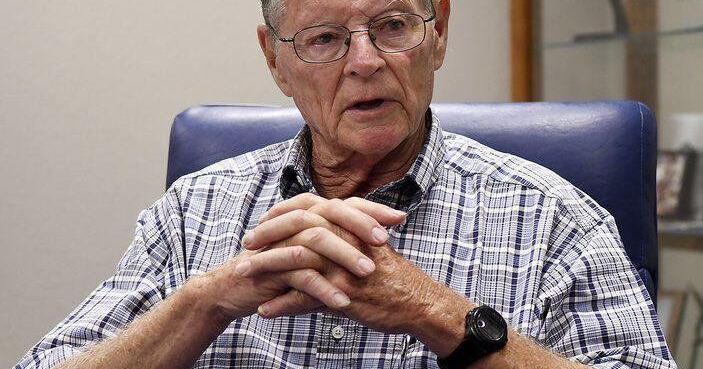
September 20, 2020, was a hopeful day for the future of the earth. Thousands of protestors stormed the streets demanding climate change action but what is unique about this protest is that many of the protestors are younger generations. For example, leading the march was now world-known climate activist Greta Thunberg who was just 17 years old.
Youth are now guiding the way on new issues, from racial inequalities to climate change action. They present new perspectives which Massachusetts legislators are beginning to recognize the magnitude of giving this demographic a voice.
Recent bills that would lower the voting age to age 16-17 are under review by House committees.
The proposed legislation includes Rep. Christine P. Barber’s House Bill 761, which gives 16 and 17-year-olds in Somerville the right to vote in local elections.
A committee is reviewing Rep. Tami L. Gouveia’s House Bill 3719, which grants 17-year-olds in Concord the right to vote in town elections and meeting halls. The proposed legislation is just some of the unique bills that seek to expand voting rights.
This brings us to why this demographic deserves the right to vote and why now? America has always been focused on individual freedom, though that has often been a struggle for many Americans. Despite this, Massachusetts has often led the way in progressive reform, like being the first state to legalize gay marriage in 2004 or as far back as 1831 with William Lloyd Garrison’s first abolitionist newspaper, “The Liberator,” starting in Boston.
To continue Massachusetts’s legacy of being socially proactive: voting should begin at age 16 to expand democracy, enable new perspectives, and strengthen our civic engagement. Voting is a keystone to American democracy and is the best way to give people a voice.
Many eligible voters from 18-24 who went to the polls declined from 49.6% in 1972 to 40.8% in 1984 to 32.4% in 1996. In those three presidential elections, incumbent candidates won by large margins.
To instill the significance of voting, youth need to be accustomed to it at a younger age. That will allow an increase in voter turnout, which has been declining since those elections. In addition, to constitute a more representative system, 16 and 17-year-olds need a voice to express their opinion.
An argument is often presented saying that this demographic does not carry the cognitive capabilities to understand politics. However, many 16-year-olds in Massachusetts are employed, starting to drive, and begin learning about politics and government in high school. Twenty-six percent of Teenagers and 61% of young adults are in the Massachusetts workforce today.
State law requires public schools to teach American history, social science, and civics “to promote civic service and a greater knowledge thereof and to prepare students, morally and intellectually, for the duties of citizenship.”
Allowing students age 16-17 to vote would permit them to express in their classroom what they have learned by voting and helping them both to see greater importance in education while driving up civic engagement, which is quintessential to reforming our democracy for the better.
Additionally, a study published by Elsevier elaborated that when the voting age lowered to age 16 in Austria, “it does not appear to have a negative impact on input legitimacy and the quality of democratic decisions.”
Today 16 and 17-year-olds are given political opportunities by volunteering on political campaigns, expressing concern to politicians, and working for people in government. Both 16 and 17-year-olds should be enfranchised to have avenues to express their concerns.
The recent COVID-19 Pandemic has entirely silenced these voices, and youth need to be voicing their opinions now more than ever.
Since 1999, 223,000 students in the US have experienced gun violence at schools, and 229 schools have experienced school shootings. These numbers are extremely troubling, and by enabling youth like after the Parkland Florida School Shooting, real change can be brought.
It is a double standard not to allow suffrage to this demographic. Countries including Argentina, Austria, Brazil, Ecuador, Malta, Scotland, Glarus in Switzerland, several German states, and the city of Takoma Park in Maryland allow 16-year-olds to vote in federal or local elections. Ending youth suffrage is for the long-term interest of democracy. Today in Massachusetts, there is hope with new potential bills to enable youth’s call for civic engagement. This demographic is truly our indefinite future.
Andrew Engel, a HIngham High School graduate, is an intern for State Rep. James Murphy, D- Weymouth.







